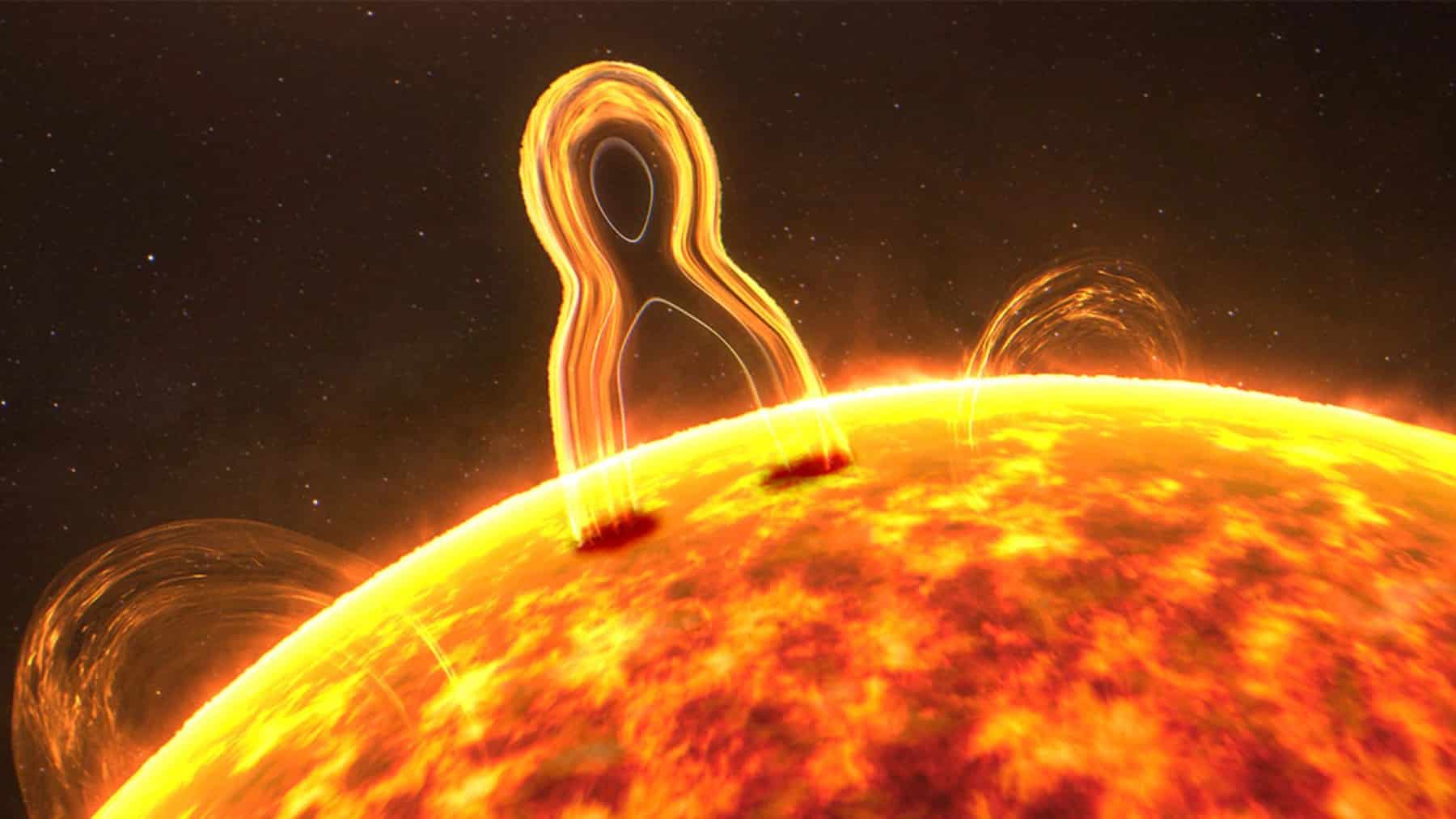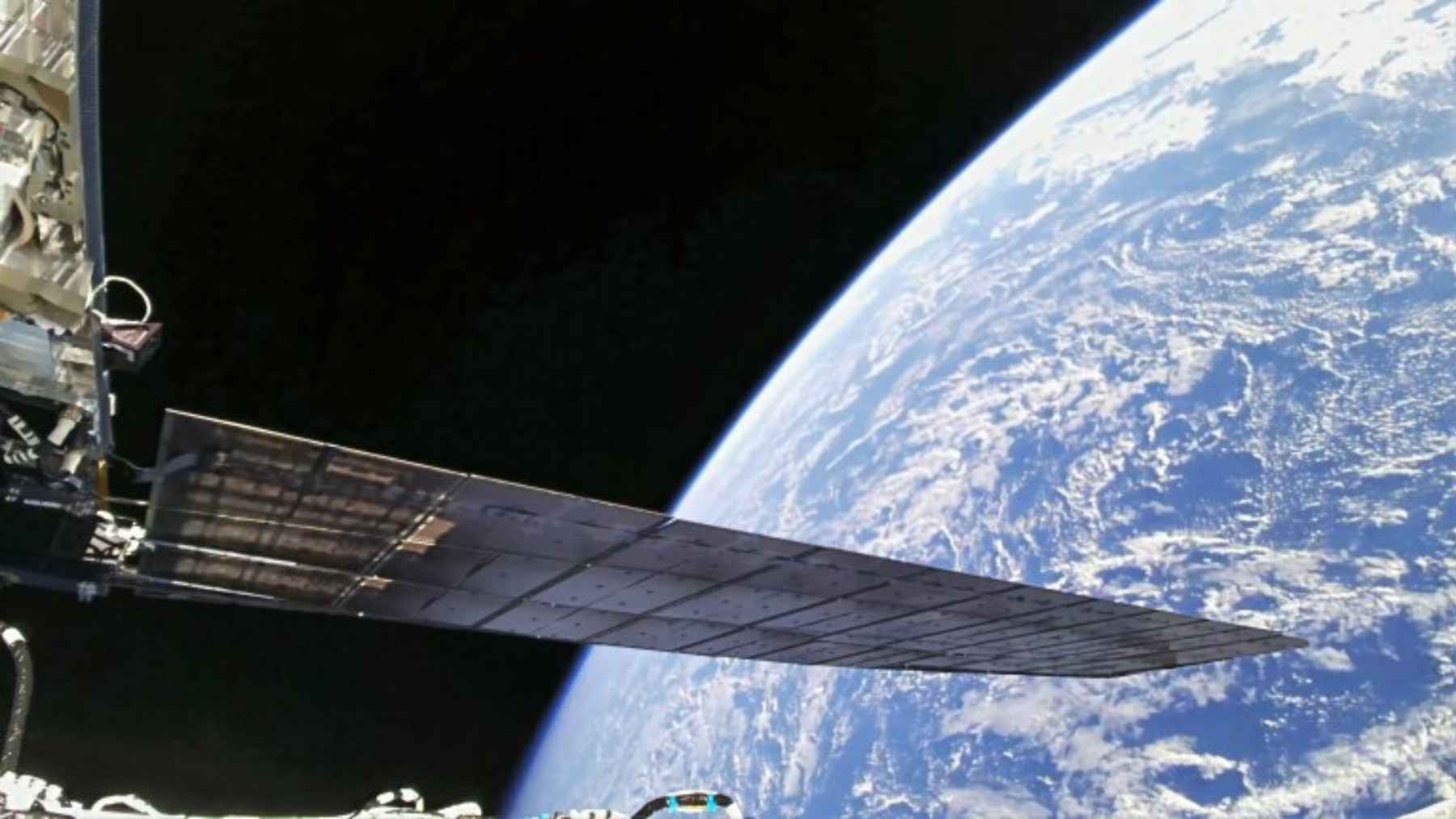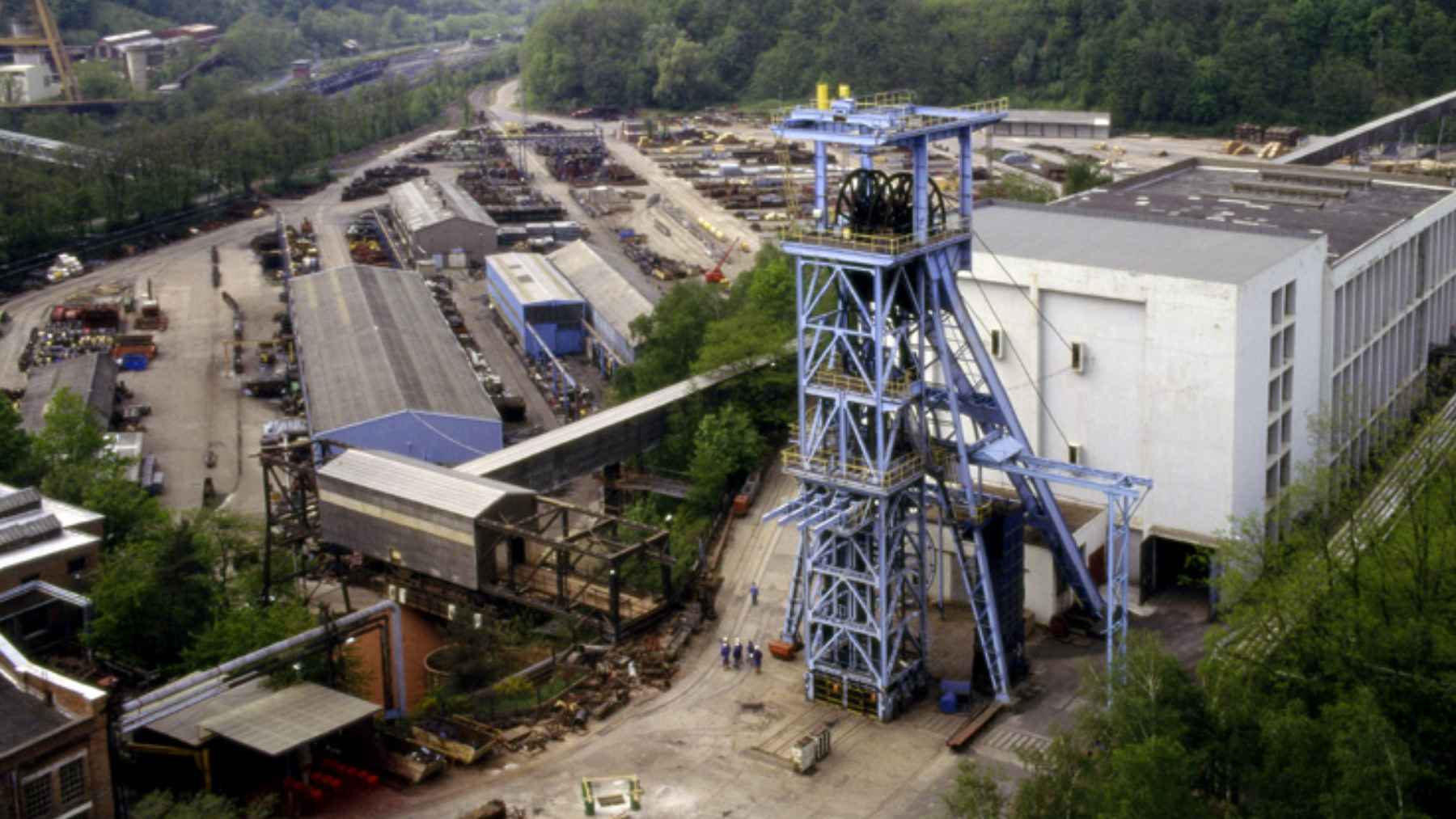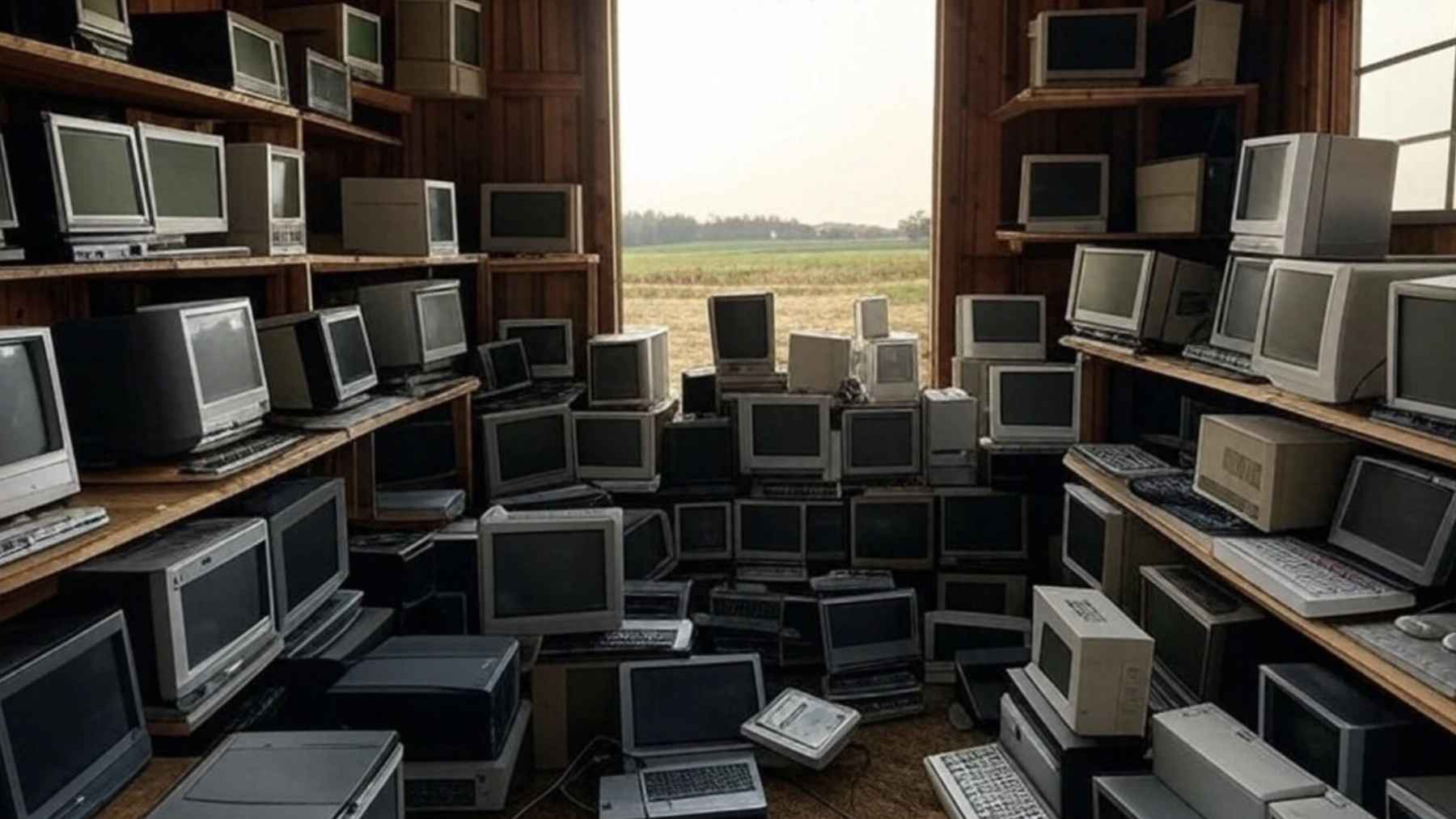This isn’t the first time that a solar flare has happened, and it’s resulted in some scary headlines like the one about Earth returning to the Stone Age. But it’s worth asking what’s really happening to the Sun? Do we need to do something to prepare ourselves? NASA researchers, as well as climate experts, have already analyzed the latest solar flare that occurred recently and what real impacts it could have.
What happened during the last solar flare?
The most recent recorded solar flare was a few days ago, on May 14, 2025. Researchers at NASA’s Solar Dynamics Observatory considered it a strong solar eruption, classified as X2.7. What does this classification mean?
Solar flares are categorized by letters: A, B, C, M, and X, where X is the most intense. The number that is right next to the letter, which in this case was 2.7, indicates the strength within the class. That is, the higher the number, the more powerful the solar flare will be.
These energy explosions make people nervous for a reason: they send radiation to Earth, which is not a good thing. Even though this latest eruption did not cause much damage, it served as a warning about the consequences that this phenomenon can cause.
What can solar flares really do down here on Earth?
The main consequences that a solar flare can have here on Earth are aimed at the technological infrastructure that sustains modern life today. We must always remember that this phenomenon happens periodically, and NASA researchers are always aware of what it can cause (as was the case in this case).
The main impacts we can witness are:
- Radio communications: radiation can interfere with high-frequency radio frequencies that are mainly used by aviation and military services.
- Satellites: Solar storms can knock satellites off course, interfere with electronics, and scramble GPS.
- Power grids: variations in the Earth’s magnetic field can induce currents in transformers and cause blackouts, especially in regions close to the poles.
- Submarine internet cables: Even if fiber optic materials themselves are not affected, repeaters (which are devices that boost the signal over long distances) can be affected, causing temporary failures in international connections.
Other studies, such as that by researcher Sangeetha Abdu Jyothi, even show that there is also a small risk of impact on the internet in the coming years. So, does this mean that we should all panic and that the internet will end? No. This new risk appears more as a point of attention and adaptation — we will not be left without our precious Wi-Fi.
What do solar flares have to do with the Stone Age, then?
People love to say things like “go back to the Stone Age” every time a solar flare hits the news — but let’s be honest: that’s more drama than data. We still don’t have solid research showing that a single solar flare could destroy civilization as we know it. What this phrase is trying to convey is our fear of living without technology, since that’s the first thing solar flares tend to mess with.
But here’s the real story: NASA sees solar flares less as threats and more as learning opportunities. That’s how we get better at predicting when the next flare might happen, and that gives us plenty of time to protect satellites and adjust our power systems. Oh, and by the way, solar flares aren’t the only cosmic spectacle in town. Recently, people all over the U.S. got a front-row seat to the Solar Horns.














